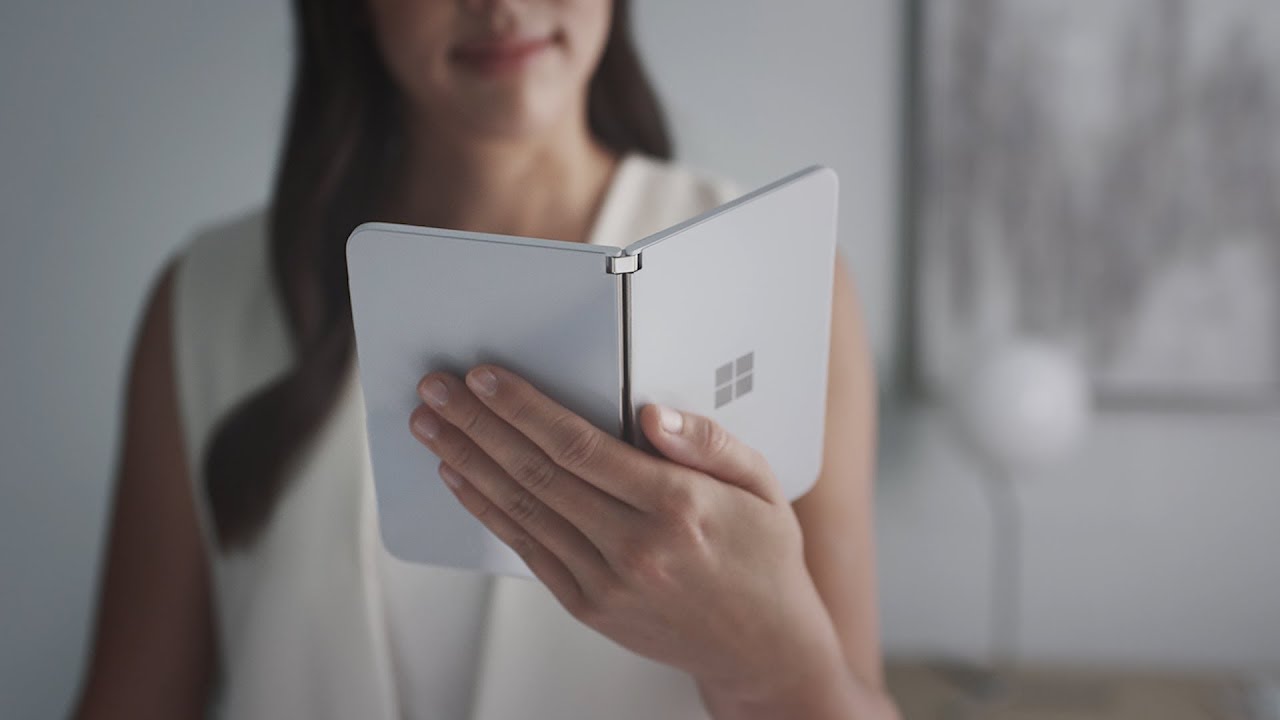See the Microsoft Surface Duo's dual-screen Android OS in action
The Surface Duo suddenly seems more real with this SDK demo.

What you need to know
- Surface Duo's SDK was released.
- New video shows how it looks in action.
- A render with the video makes it all come alive.
Earlier today, Microsoft surprised the tech community by releasing the SDK for the Android-based Surface Duo smartphone due later this year (don't worry, Surface Neo SDK is due in February).
Our senior Windows reporter Zac Bowden has been playing around with the SDK, which can be installed by anyone, and recorded a short video of the OS in action including the settings, running multiple apps, and the app switcher.
In context - this feels even more magical. pic.twitter.com/8yLLoioE1KIn context - this feels even more magical. pic.twitter.com/8yLLoioE1K— Jonas Daehnert (@PhoneDesigner) January 22, 2020January 22, 2020
While that video was great, Jonas Daehnert (aka @PhoneDesigner) grabbed that video and put it into a render of the Surface Duo, which made all the difference. Once combined, you can appreciate the animation, OS fluidity, and how dual-screens will interact together at this early stage (the SDK is expected to be updated in the following months).
Microsoft is still committed to a "holiday 2020" release for the Surface Duo and Surface Neo. Nevertheless, we hear some rumblings that the Duo's hardware may come earlier, possibly as developer devices.
Either way, we're getting much more excited for Surface Duo after seeing it in action. What about you?
Get the Windows Central Newsletter
All the latest news, reviews, and guides for Windows and Xbox diehards.

Daniel Rubino is the Editor-in-chief of Windows Central. He is also the head reviewer, podcast co-host, and analyst. He has been covering Microsoft since 2007 when this site was called WMExperts (and later Windows Phone Central). His interests include Windows, laptops, next-gen computing, and wearable tech. He has reviewed laptops for over 10 years and is particularly fond of 2-in-1 convertibles, Arm64 processors, new form factors, and thin-and-light PCs. Before all this tech stuff, he worked on a Ph.D. in linguistics, performed polysomnographs in NYC, and was a motion-picture operator for 17 years.
